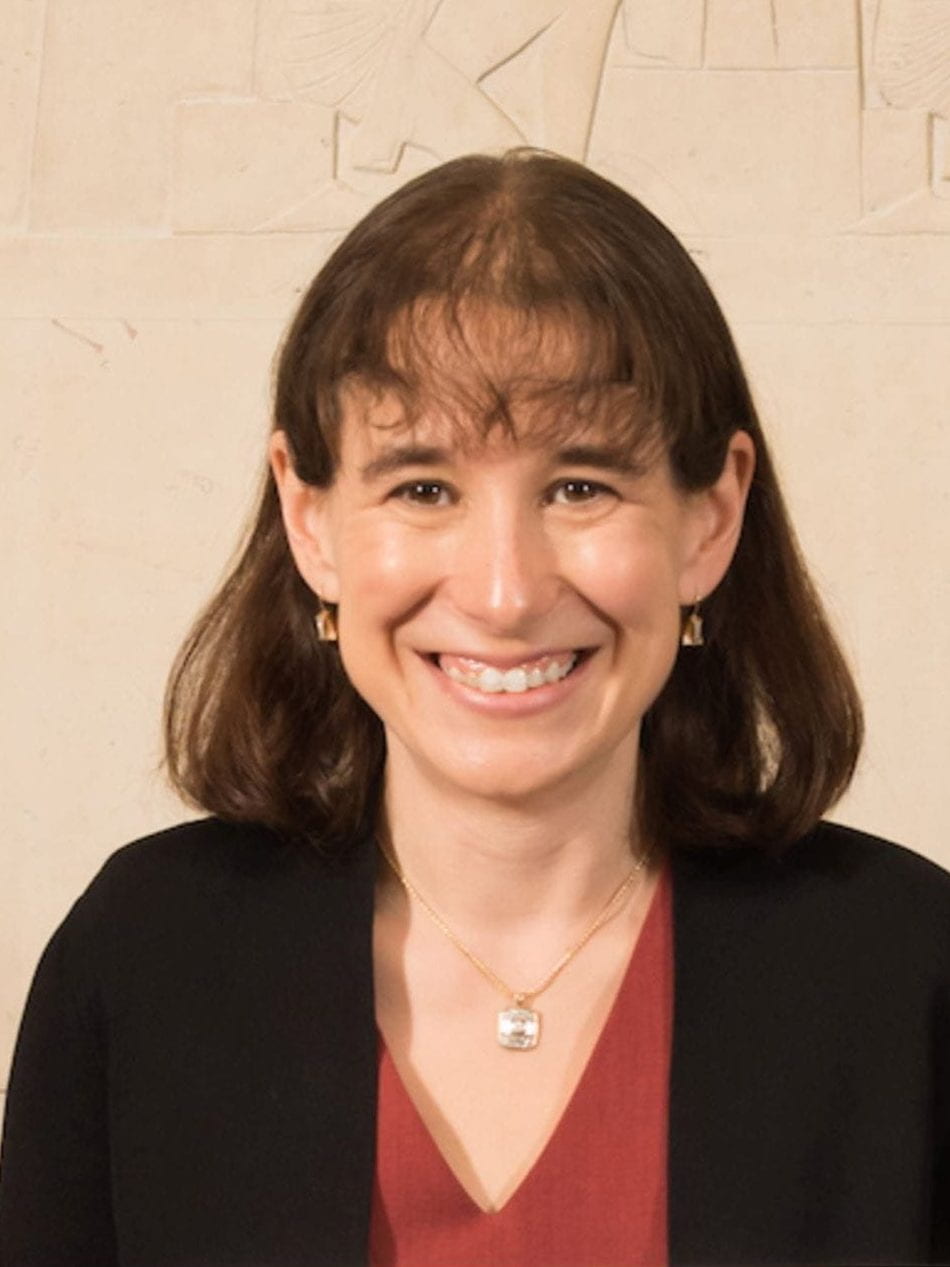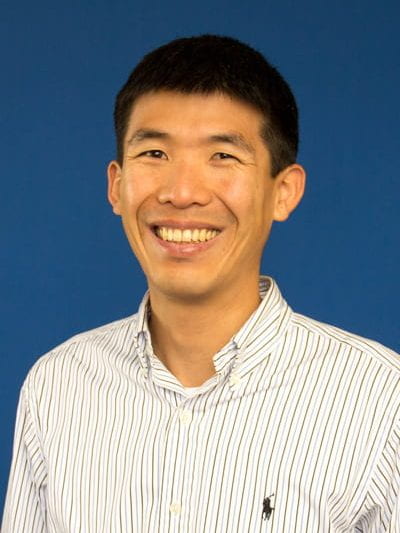(All sessions will be streamed via Zoom at https://gatech.zoom.us/j/93568836041)
The Atlanta neuroscience community is proud to host the 2022 CRCNS (Collaborative Research in Computational Neuroscience) PI meeting. The meeting will consist of a two-day conference hosted at the Georgia Tech Hotel and Conference Center in midtown Atlanta on October 27-28, 2022.
The PIs and Co-PIs of grants supported through the NSF-NIH-AEI-ANR-BMBF-BSF-DOE-ISCIII-NICT CRCNS program meet annually. This meeting is open to everyone (not just those funded through the CRCNS program), bringing together a broad spectrum of computational and experimental neuroscience researchers and relevant program officers (from NSF, NIH and international partners). Beyond providing progress reports, the meeting will aim to highlight and discuss the opportunities for collaborative computational neuroscience across length and time scales, from synapses and molecules up to cognition and behavior.
The format of the conference will be in-person presentations and discussion. We invite anyone attending the meeting to submit abstracts for poster presentation, and especially encourage PIs and trainees from CRCNS funded projects to present progress updates. Abstract submission, registration and room reservations at the conference site were all due on September 23, 2022. See accepted posters here.
The neuroscience community in Atlanta is excited to host this event. Our expanding and collaborative group of scientists includes CRCNS-funded labs at Emory University, the Georgia Institute of Technology, and Georgia State University, with research interests spanning almost all subfields in computational and experimental neuroscience and neuroengineering. We hope that you will join us!
Gordon Berman (Emory University) & Chris Rozell (Georgia Tech), co-chairs
Keynote Speakers
(click here for abstracts/bios)

Marlene Cohen, Ph.D.
University of Chicago
“A many-tooled approach to studying the neural basis of flexible behavior”

Byron Yu, Ph.D.
Carnegie Mellon University
“Brain-computer interfaces for basic science”



